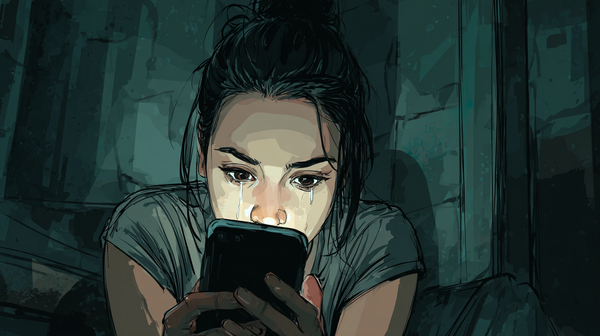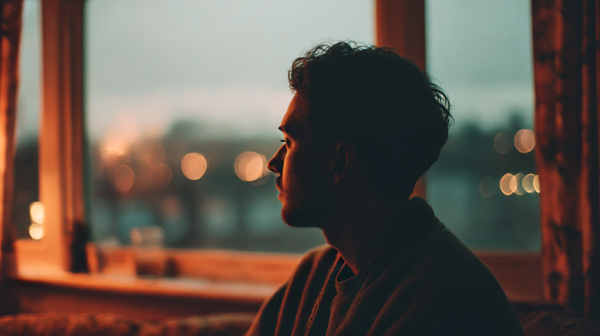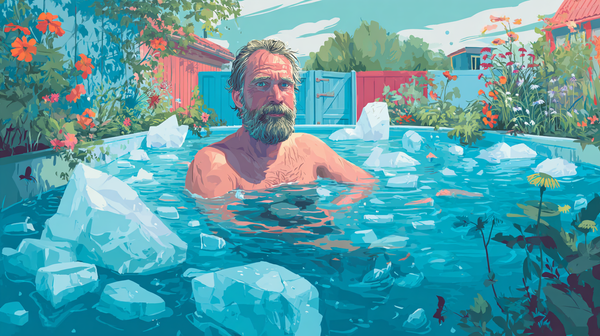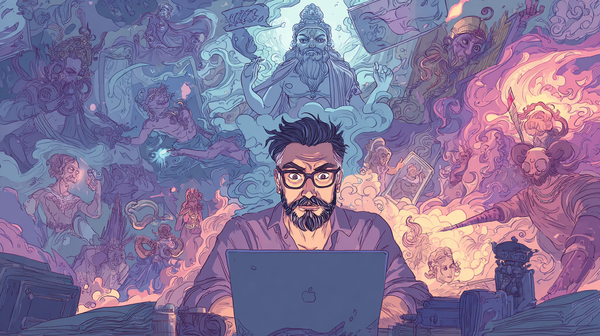Dear anxiety, f**k you 🖕
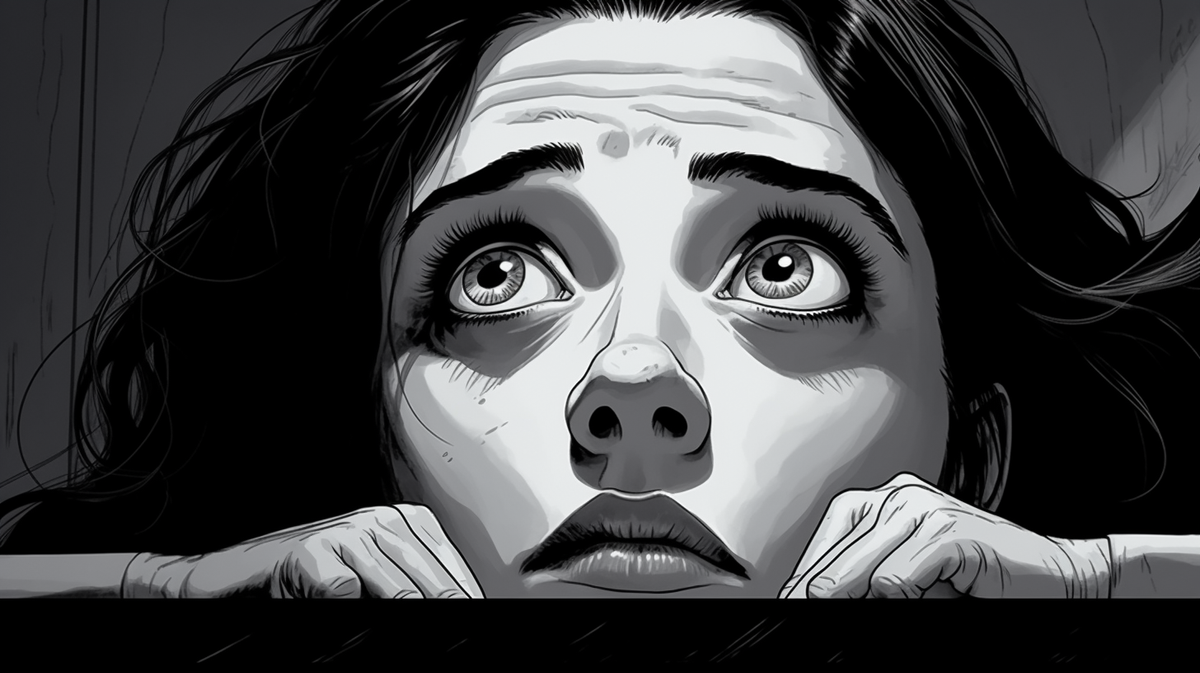
Anxiety is everywhere.
According to pretty much every statistic measuring anxiety, there has been a steady increase in people feeling a sense of dread or fear about their lives. And it’s global.
It’s believed around 4% of the global population currently experience an anxiety disorder - more than 300 million people. That makes anxiety the most common mental disorder on earth right now.
Admittedly, anxiety is a broad church. Inside it are things like panic disorders, constant worry, PTSD, OCD, and so on. There is also a giant, hulking pharmaceutical industry with a vested interest in making pills to treat our anxiety - as opposed to confronting what makes us anxious in the first place.
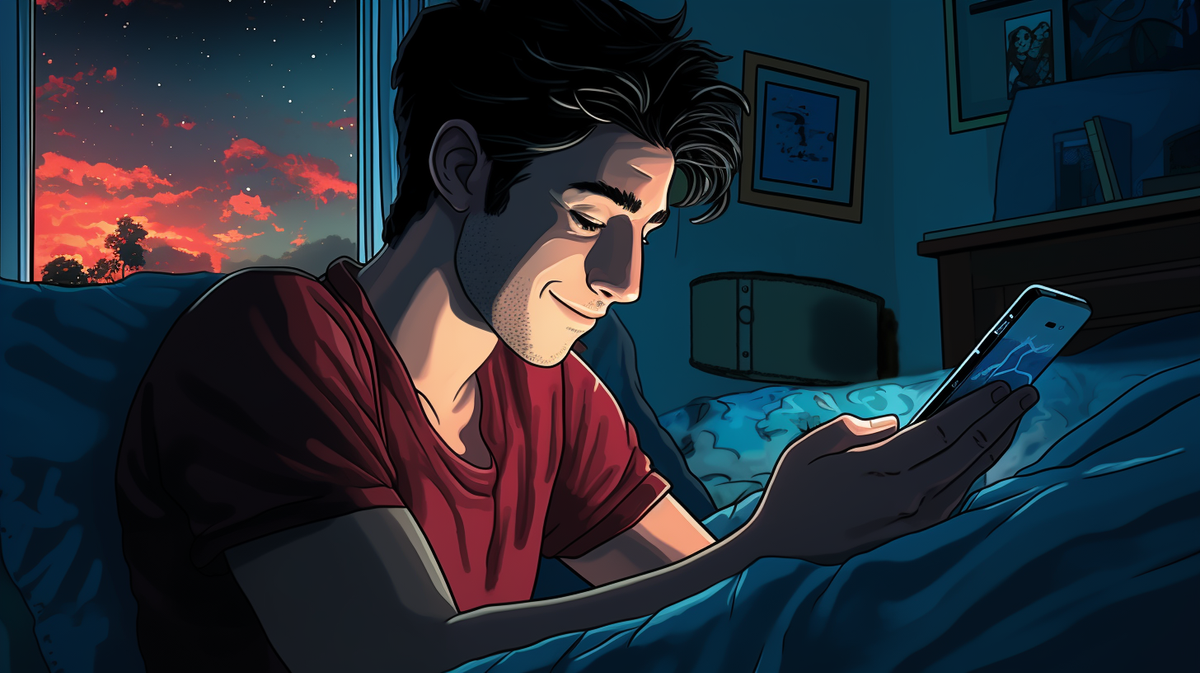
It seems then, that this is just the world we live in, right? That our role as adult people is to maintain our anxiety. To be eternally vigilant to worry, to stare at things like global warming, war, suffering, the way a country is run, those kids that ride their motorbike down the alley at weird times, and go, “Well, guess I’m anxious then. Hand me those pills, that drink, that spliff, that crystal meth.”
If we stay anxious, at least we know that there are things out there that might hurt, or damage us, so if they happen, we’ll know what they are, right?
But in this week’s Brink, I’m going to suggest a different way of approaching the idea that we’re trapped in an anxious age. I’m going to suggest that while anxiety and reported anxiety may be high, ultimately, anxiety does not maketh the man (or person).
Anxiety is not a condition, it’s an experience 🤔
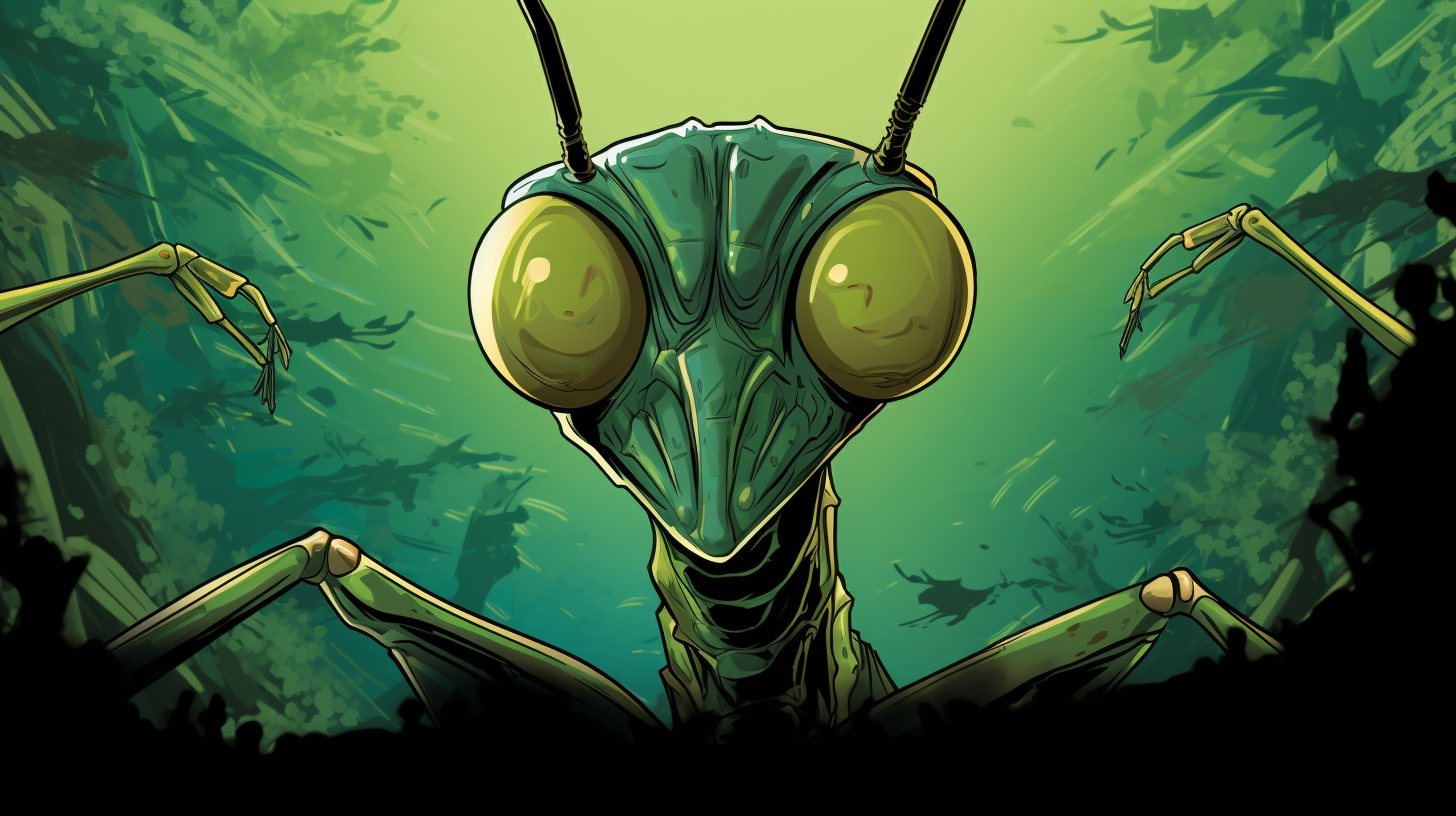
I’m going to say something that you’re probably not going to like. We believe, or rather, subscribe to the idea that a life can and should be made painless.
That is, we should all ascribe to an anxiety-free lifestyle, and to be anxious is an attempt to banish, or suppress anxiety. If we worry about things, maybe they will go away? I wish it were true.
Instead, our lives are designed to be full of pain and suffering. From the very first moment we stand on our own two legs, and immediately hit the deck, to the first instant we are rejected by a loved one, to watching the news every night to be told that things are much worse than we thought. Life IS pain and suffering.
Wait, come back!
What I mean by that is, the price of a life, the price of being alive, is that we are going to be faced with stuff that makes us feel terrible. Stuff that makes us feel anxious. But by paying the price of admission, we then get to go on a weird, wonderful ride that at times, if we’re lucky, exceeds all our wildest expectations for what experience can be.
With that in mind, I want to challenge the idea that to be anxious is something we are given by life and have no chance of giving back, or negotiating it to mean something else.
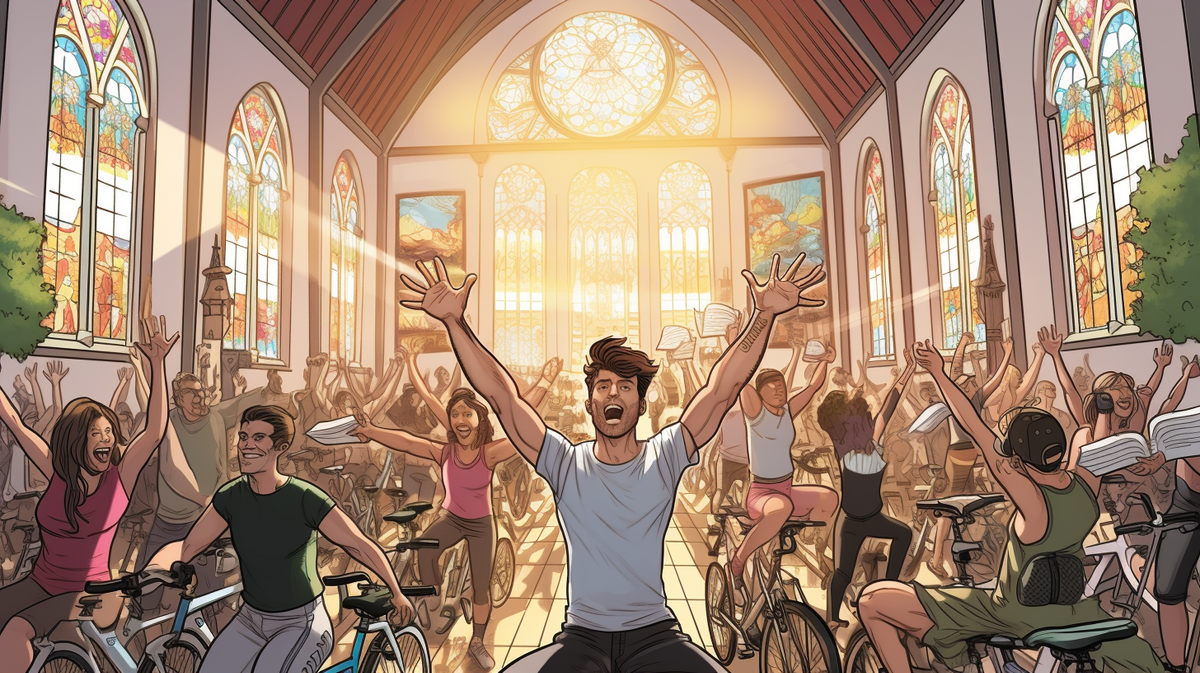
Jacques Lacan, the famous psychoanalyst who deserves just as much attention as Sigmund Freud but never gets it, spoke a lot about anxiety. In his mind, anxiety is a sensation that feels like dread or more precisely expectant dread. He described anxiety using the following analogy (I paraphrased it as he tended to be verbose):
You're in front of a female praying mantis. What we know about this praying mantis, and other mantis (manti?) is that the females are known for biting off the heads of their partners after sex. Anxiety is the idea that you’re sitting in front of this female praying mantis and you're wearing a mask of another praying mantis. But the catch is that you don't know whether you're wearing the mask of a male or a female so you don't know whether you're going to be eaten or not because you don't know how the creature in front of you sees you.
The anxiety that we feel, according to Lacan, is the feeling that something or someone expects or desires something from us. But we don’t know what that is exactly, you just know there is something needed or to be extracted from you, and it makes you feel terrible.
Let’s take an example: someone knocks on the door late at night and you don’t know who it is. The sense of anxiety is essentially the sudden awareness that someone wants something from you, but the front door hides who it is and what they want.
Melanie Klein, another big thinker on this subject, ties this idea of anxiety with the idea of wanting love and security from a parent. Stay with me here, I promise this is important.
In Klein’s (and other 20th-century thinkers’) eyes, when we are born, we have a belief that the world is an extension of us. We are essentially the world. But what we’re slowly confronted with is the idea that we’re not.
We also think our caregivers are an extension of ourselves. But again, sadly, we discover they are not. We feel we are entitled to unconditional love from our caregivers, but love is never ever present or ‘pure’ in its expression.
For Klein, love is refracted through a lens that also contains ambivalence, aggression, frustration, and disappointment. Which in some strange way, gives birth to our own anxieties. Essentially, to become self-aware is in part, confronting the idea that we now know and feel the dread of the other, and we can’t do anything about it.
We bloody can do something about it, and I’m going to tell you why.
Anxiety is my friend, not my enemy 👐
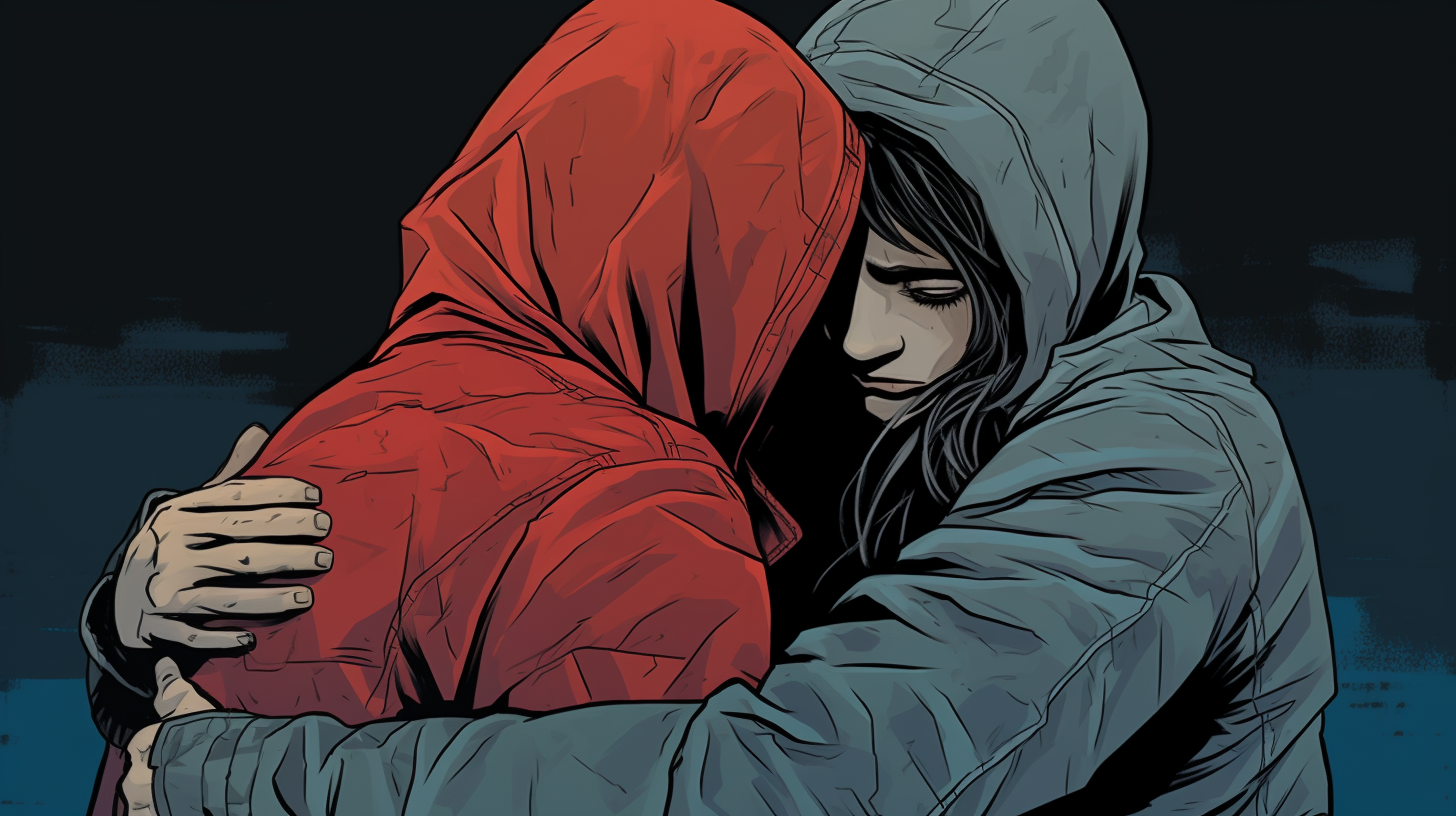
The original title of this newsletter was going to be “Are we in a new age of anxiety?” Which was a reference to the term “Age of Anxiety”, which was taken from a poem written by W.H. Auden of the same name. He wrote that poem in 1947.
The poet was living in New York, and he, like so many others, was coming to terms with the end of the Second World War, the rise of an industrial age, and the profound feelings of loneliness he and others felt. On top of that, Europe was in ruins, and then there was the existential threat of the Soviet Union sweeping across Europe and of course The Cold War.
It was, for many people, a terrible time. And while yes, many aspects of the second half of the 20th century appeared to echo the first half, do you know what else happened? Many countries across the world built welfare states, workers got better legal protections, gender equality made significant strides forward, colonialism ended (mostly), and global poverty, famine, disease, and suffering went into decline.
The age of anxiety gave way to something entirely different. And that’s why I changed this newsletter’s title from an ode to Auden to a rebuke to anxiety more broadly. Anxiety is not something to be suppressed or avoided, but to be understood and used to make things different, interesting, better.
If we think we can live without anxiety by drinking too much or drugging ourselves, that might work for a while, but then what happens? The anxiety is still there, we’ve just got better at ignoring it. But what if I said anxiety was a friend, not an enemy?
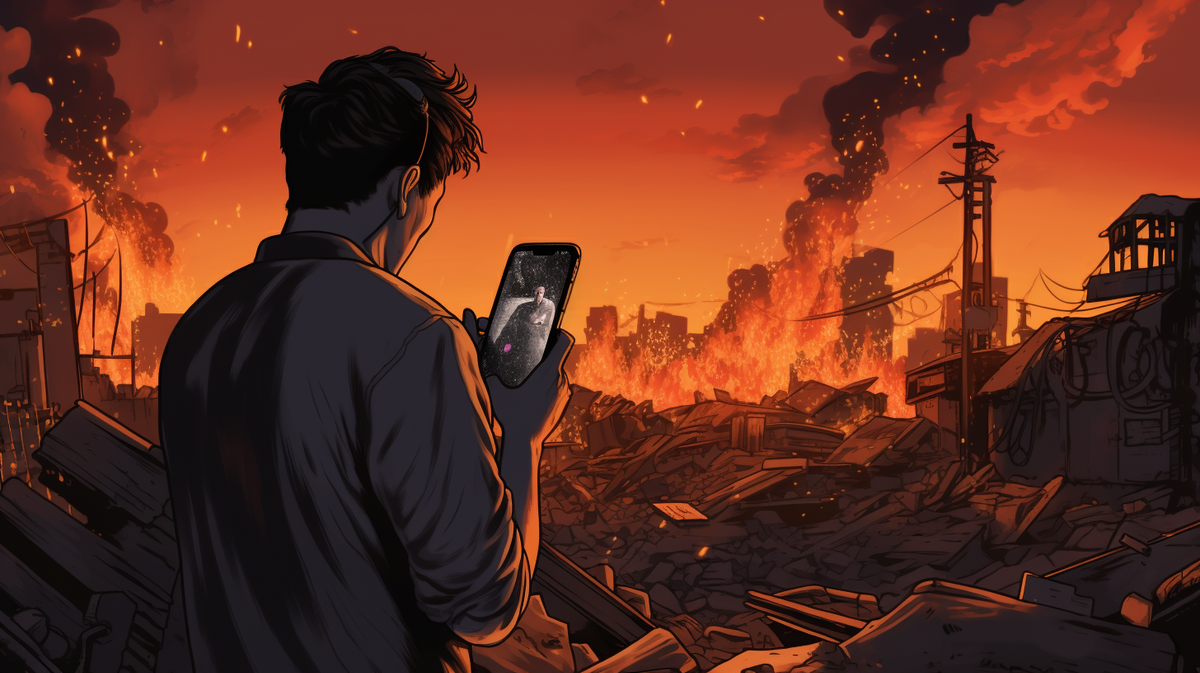
As Lacan said, anxiety is just the feeling of some expectation from something else. That idea that our head might be ripped off suddenly, for no reason. But what if we turned and faced that expectation, that dread, and tried to understand it? What if we had a chat with the praying mantis in all of us and found out what’s bothering it so much?
We may, just may be surprised by what comes out of it. That out of the hellish fires of worry and dread, come nice things like hope, joy, playfulness, and acceptance.
In summary, we may all be feeling anxious, but that does not mean we are powerless or unable to talk, engage, and ultimately take control over the things that bring us worry.
Good things can come out of bad feelings. But we have to choose them. We have to face the scary monsters in our heads and try something different.
Things we learned this week 🤓
- 💗 How you talk to your partner has an impact on your heart health
- 🎶 Why do we love music so much? A new study claims to have answers.
- 🎮 Violent video games aren’t nearly as bad for us as we first thought.
- 💻 Internet does not harm your health, says new research.
If you would be so kind 🙏
I’m writing a book about how psychology ruined everything, and would love your help writing it. If you are up for me asking you a few questions, I would love to have a chat with some of you.
If you’re interested please reach out.
I love you all. 💋



